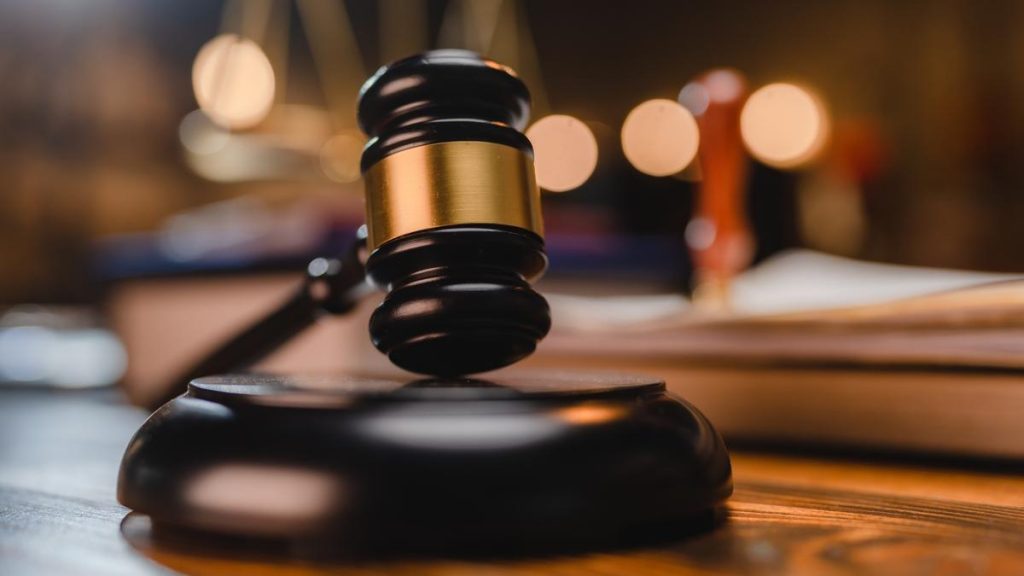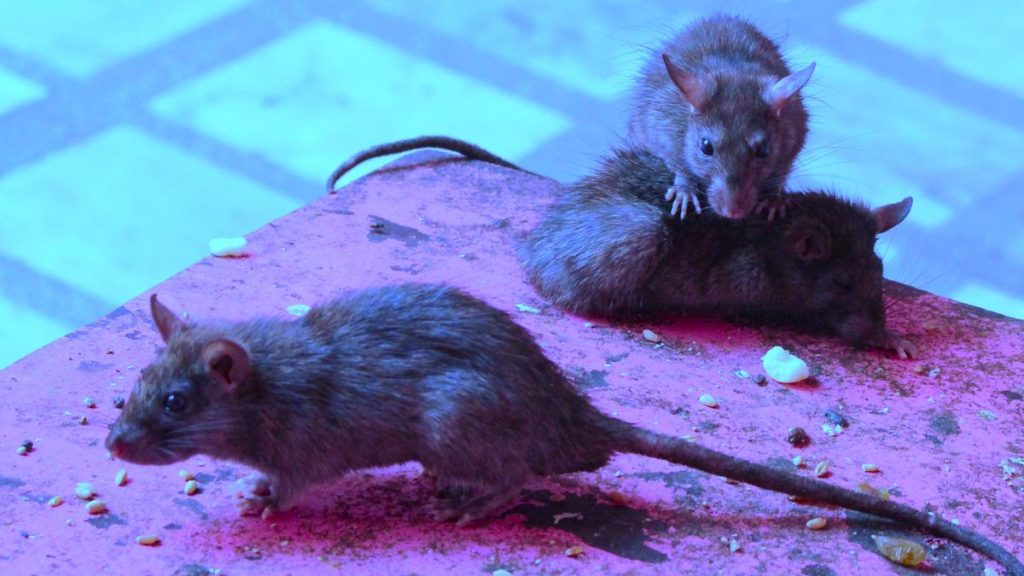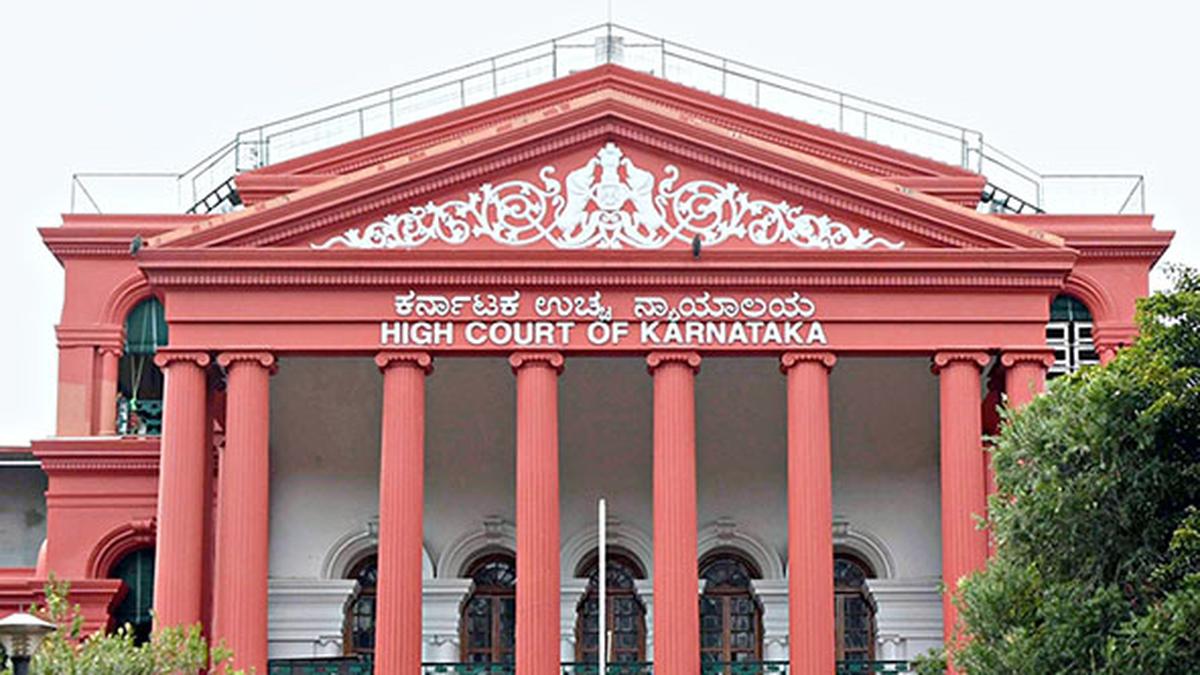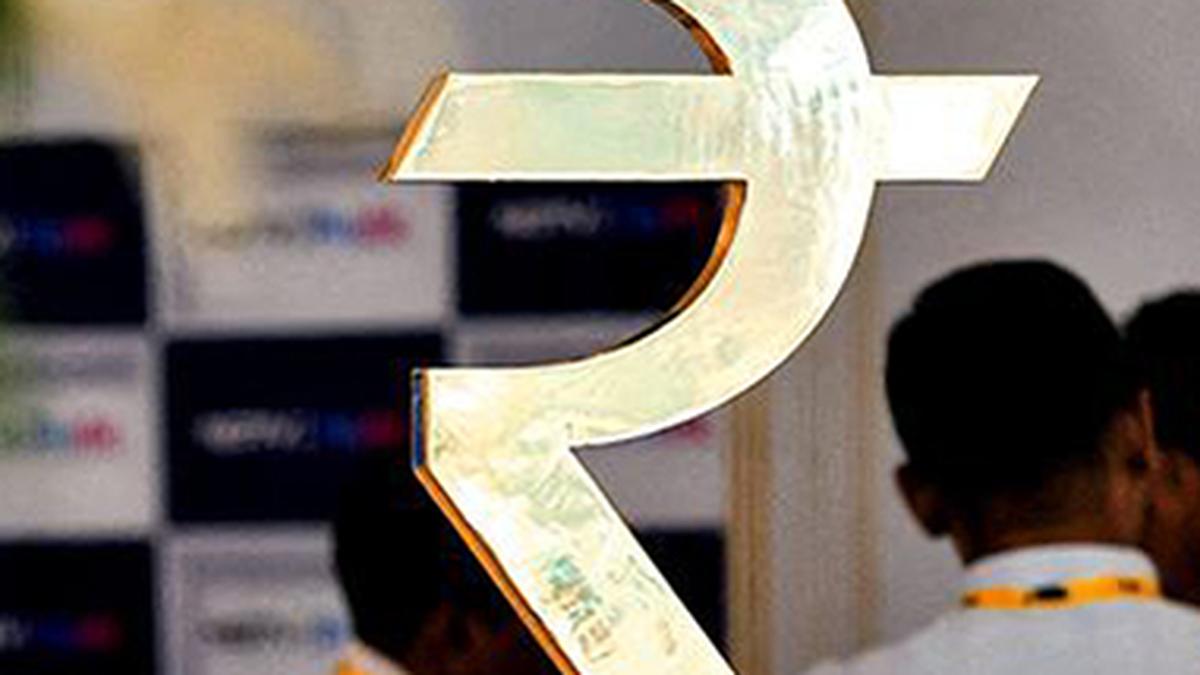Now Reading: Supreme Court Asks States to Respond on Anti-Conversion Law Challenges
-
01
Supreme Court Asks States to Respond on Anti-Conversion Law Challenges
Supreme Court Asks States to Respond on Anti-Conversion Law Challenges
Quick Summary
- Supreme Court action: The Supreme Court of India sought responses from several states regarding petitions that challenge the constitutionality of anti-conversion laws. These laws regulate religious conversions, especially in interfaith marriages.
- States involved: Notices where issued to nine states, including Uttar Pradesh, Madhya Pradesh, Himachal Pradesh, Uttarakhand, Chhattisgarh, Gujarat, Haryana, Jharkhand, Karnataka. Rajasthan was noted as having recently enacted similar legislation.
- Hearing updates: States have been granted four weeks to reply to the petitions challenging the laws. Petitioners may file rejoinders two weeks after this; next hearing scheduled in six weeks.
- Concerns raised:
– Senior advocate C.U. Singh highlighted issues such as harassment and obstacles in interfaith marriages caused by third-party complaints under amended anti-conversion laws in Uttar Pradesh.
– Other lawyers called for interim stays on similar statutes enacted by Madhya Pradesh and Haryana.
– The Center questioned the NGO Citizens for Justice and Peace’s locus standi due to alleged political motives behind their petitioning against these state legislations.
- Court remarks: Chief Justice B.R. Gavai questioned how deceitful conversions could be defined or investigated concerning a parallel plea seeking a ban on fraudulent religious conversions.
Indian Opinion analysis
The Supreme Court’s involvement underscores ongoing constitutional and legal debates around state-level anti-conversion laws that aim at regulating religious conversion practices. Amid heightened scrutiny concerning interfaith marriages and allegations of coercion or deceit linked with conversion cases under these statutes-especially notable modifications like those introduced by Uttar Pradesh-it raises vital questions regarding individual rights versus state intervention.
From a constitutional standpoint, petitioners argue potential violations of Articles 21 (right to personal liberty) and 25 (freedom of religion), which challenge whether such legislative measures overstep boundaries into personal autonomy. Simultaneously occurring, proponents suggest that safeguards are necessary against exploitative conversions through force or inducement.
The upcoming replies from states might clarify their legislative intent while offering insight into operational challenges tied with enforcement mechanisms under these controversial regulations. Whatever direction this debate takes could significantly impact freedom-of-choice dynamics alongside socio-political harmony in India’s diverse society.



























